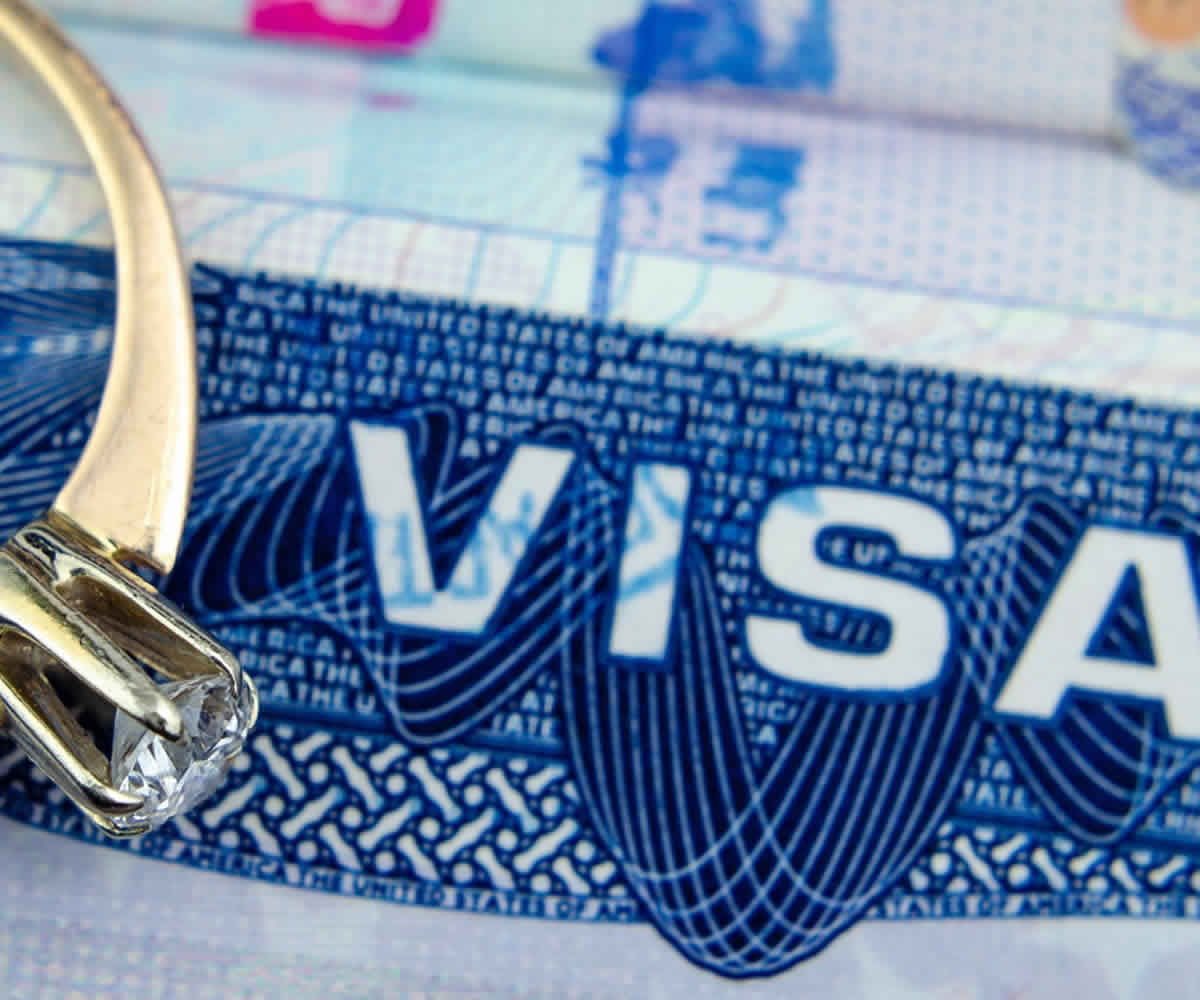
Fiancé Visa / Fiancée Visa K-1
When a U.S. citizen intends to marry a foreign person but wishes to bring the fiancé/fiancée to the U.S. before marrying, he/she can petition for a K-1 Fiancé(e) Visa, which allows the foreign fiancé(e) to come to the U.S. to marry the U.S. citizen. If your situation falls under such circumstances, a skilled immigration attorney from the immigration law firm Adesina Law Firm, PC can help you successfully to navigate the application process. Furthermore, we work hard to form a personal relationship with our clients as we work closely with them through each step of the process.
Visa Eligibility: Do I Qualify?
In order for the foreign fiancé(e) to qualify for the K-1 visa,
- The parties must have met personally within the previous two years;
- Both parties must be free to marry and intend to marry within 90 days of the foreign applicant’s entry to the U.S.;
- The sponsoring U.S. fiancé(e) must be able to meet the minimum income requirement (or another qualifying U.S. citizen will need to sign the affidavit of support).
The foreign fiancé(e) may bring along children under 21 from a previous marriage or relationship under a K-2 visa.
Learn more about how we can serve you by calling our firm at 312-363-9661.
The Filing Process: What to Expect
The U.S. citizen petitioner files a petition for the foreign fiancé(e) with U.S. Citizenship and Immigration Services (USCIS). Once this petition is approved, the U.S. consulate in the country of residence of the foreign fiancé(e) is notified, and the foreign fiancé(e) submits a visa application to obtain the K-1 visa.
The Consulate will request a medical exam from the applicant and schedule an interview with a consular officer for the applicant. If the interview goes well, the consulate will issue the K-1 visa stamp to the applicant’s passport.
Upon arrival in the U.S. (no later than 6 months after the visa is issued), the K-1 status in the U.S. is valid for 90 days, during which time the U.S. citizen and the foreign fiancé(e) are expected to marry. If they do not marry within that time frame, the foreign fiancé(e) must leave the U.S. K-1 status can neither be extended nor changed to different immigration status.
Note: If a U.S. citizen and a foreign fiancé(e) intend to marry in the U.S., and the foreign spouse enters the U.S. with a B-2 tourist visa or under the Visa Waiver Program (without a visa), the foreign fiancé(e) can be accused of preconceived intent or visa fraud. This can have serious adverse effects on the subsequent green card case pursued by the foreign spouse. Therefore, it is important for a U.S. citizen and foreign fiancé(e) who intend to marry, to pursue either a K-1 Fiancé(e) Visa, a K-3 Spouse Visa, or an immigrant visa.
